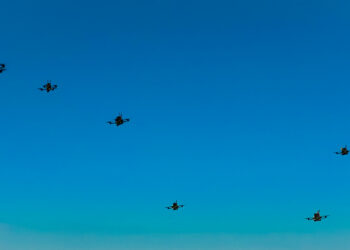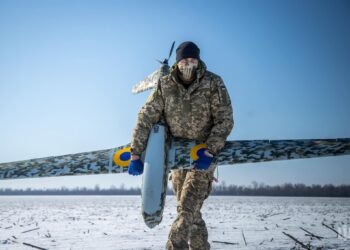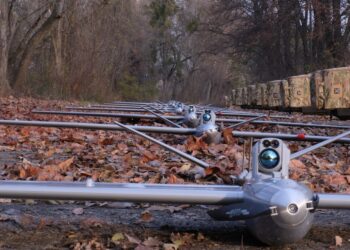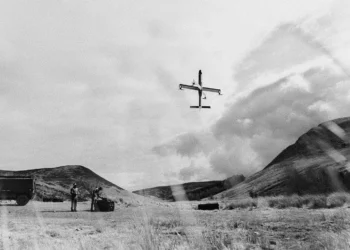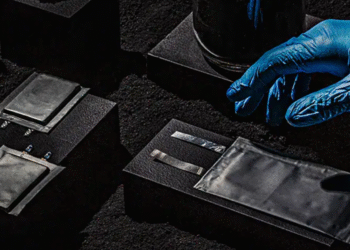On October 29, Ukraine’s Cabinet of Ministers approved changes that let the experimental unit NEXT, within the Brave1 defence tech cluster, procure innovation outside standard tenders. The decision targets robotics, unmanned systems, and other dual-use or military technologies needed for rapid field trials.
The legal basis sits inside Resolution No. 1178, first adopted on October 12, 2022, which sets wartime procurement rules and keeps them in force for 90 days after martial law ends. The government’s new amendment applies to purchases that support NEXT’s activities. In plain terms, the Innovation Development Fund can now buy specialised tech directly, without competitive or simplified procedures, while staying inside the transparency and fair-use principles of the public procurement law.
Andriy Telyupa, Deputy Minister of Economy, Environment and Agriculture, framed the change as a speed issue.
“The development and testing of combat drones, ground robots, water platforms requires a quick and flexible supply of components. Traditional procurement procedures involve competitiveness, and for the realities of the front, it is necessary to make purchases mainly from producers. The simplification will allow the Foundation to directly receive the necessary technologies and equipment for accelerated testing, adaptation and transfer to the military. This will strengthen our technological advantage and help save the lives of defenders,” he said. The aim is quicker testing, faster adaptation to field conditions, and fewer casualties.
NEXT was formed in the summer of 2025 within Brave1 and in cooperation with the State Service of Special Communications and Information Protection. Its job is to run Ukrainian tech directly in combat zones and to work with units for fast evaluation. Earlier reporting noted that personnel from the State Special Communications Service were being concentrated under Brave1 to streamline frontline testing. The same ecosystem also runs “Test in Ukraine,” which opens controlled combat trials to foreign developers. The policy shifts are all part of a push to compress the gap between lab, factory, and trench.
Why Now?
Direct buys will let the Innovation Development Fund source air, ground, and maritime systems from producers, not just through open competitions. That matters for drone avionics, radios, propulsion, EO/IR payloads, EW modules, and attritable parts where lead time kills ideas. The order flow can match sprint cycles for integration, so NEXT can feed results back to builders after days, not quarters. The Cabinet’s move does not waive core safeguards. Procurements remain bound by the public procurement law’s core principles and bans on contracting with aggressor-state entities.
Ukraine is shifting resources toward unmanned systems and the infrastructure that supports them. The Defence Ministry has said most new funding is going to unmanned systems, while agencies refine how they buy, test, and scale what actually works at the front. The NEXT rule change gives the field-test arm the same tempo.



